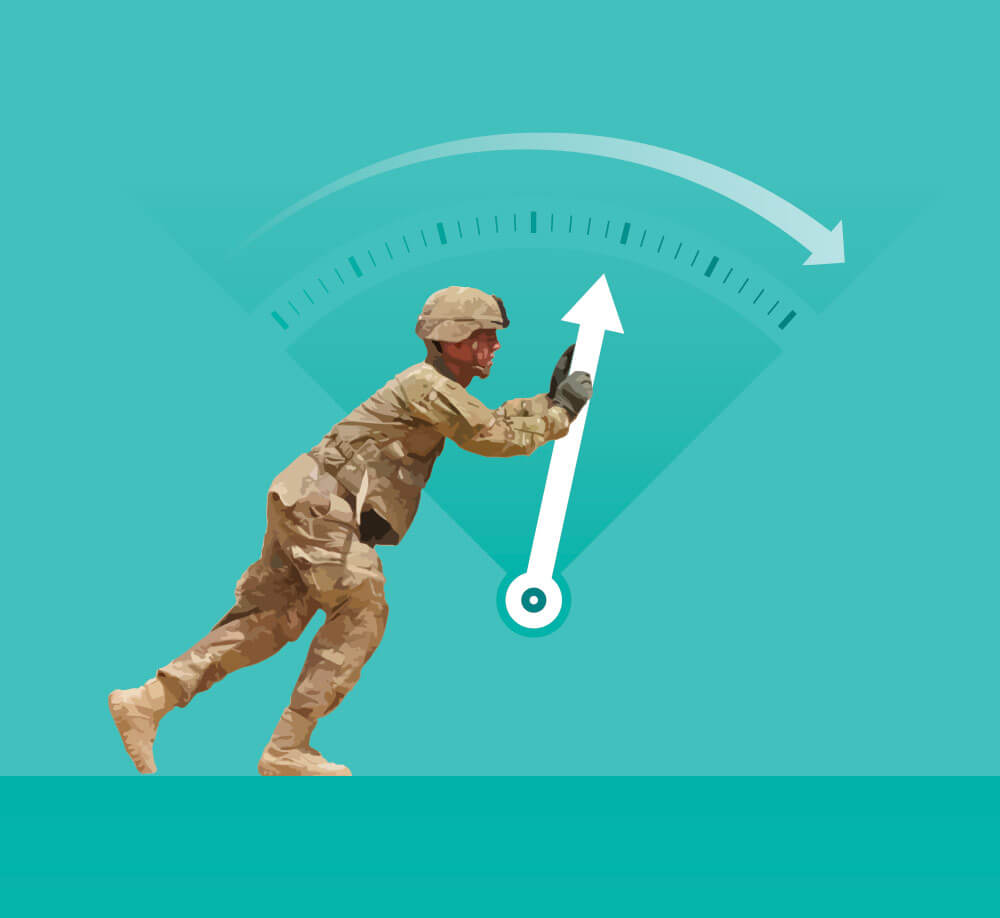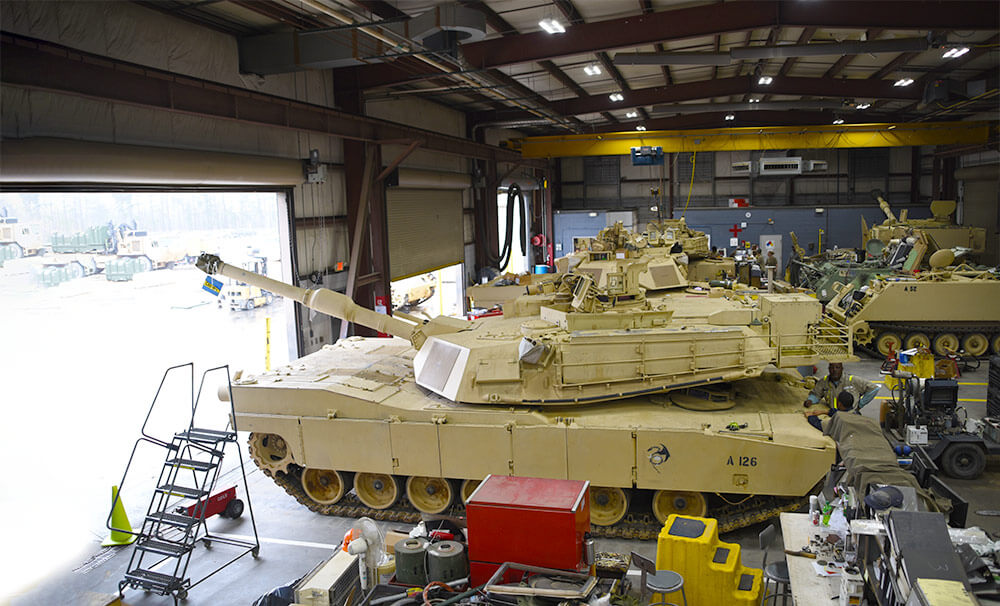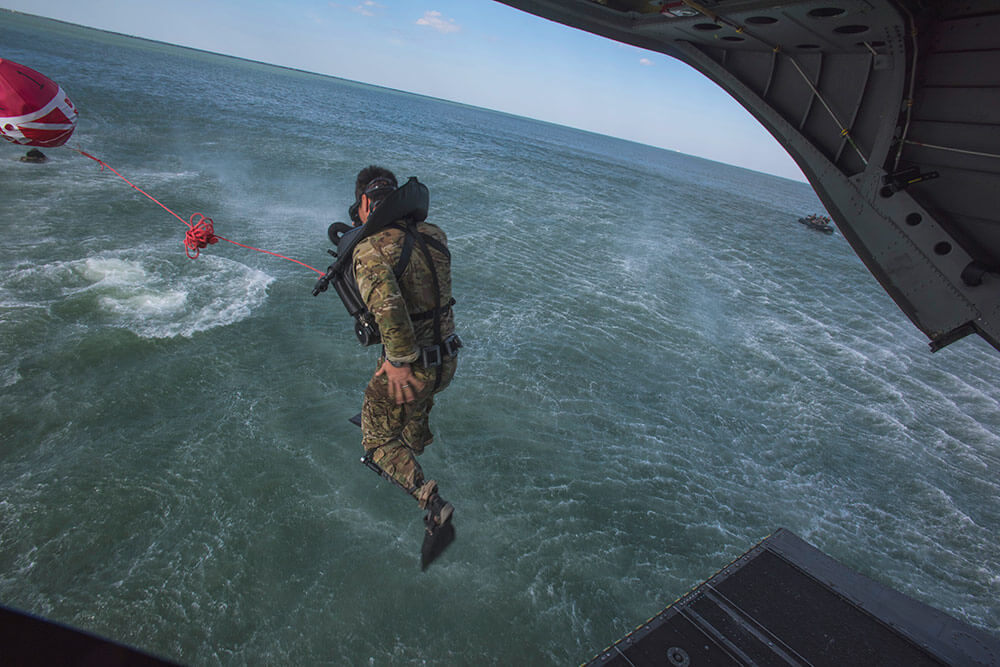Your NCOER is one of the most important documents you’ll encounter in your military career. It impacts your chances for promotion, your assignment options and training opportunities. Given its level of importance, maintaining an exceptional NCOER can be stressful … but it does not have to be.
The good news is the content of your NCOER is completely up to you. It is your own blank slate, ready to be filled in. Your evaluation report is simply a reflection of your actions, choices and decisions. If you are striving for continued high marks on your annual performance evaluation, here are six tips to consider:
1. Strive for the extra mile
When the rater ticks the “exceeds standard” box in the competence section, he or she is not only noting that you are proficient in your MOS, but also that you are going above and beyond.
“Perform duties and responsibilities that have measurable results,” advises SFC Richard Holdridge, Readiness NCO for the Georgia Army National Guard. “Take on additional duties. Go to MRT. Make sure you get your SSD done and that you get put in for NCOES. It’s going to make you shine above your peers.”
You can set yourself apart by:
- Seeking out educational opportunities to learn more about your field
- Keeping ahead of your professional development requirements
- Studying the latest trends in your field
- Learning and implementing new techniques that make your MOS more efficient or safer
2. Master physical and emotional fitness
This almost goes without saying. Nonetheless, we say it anyway. If you want to ace your NCOER, you must ace your APFT. Physical readiness — whatever your appropriate level — is at the core of being a capable and contributing Soldier. That said, while physical fitness is essential, so is spiritual fitness. This involves building an inner strength that will allow you to be resilient during times of adversity, stress and challenge. Chat with a chaplain, who will talk to you regardless of your religious affiliation, for more tips on how to strengthen your spiritual muscles.
3. Be an example
Effective leadership skills are weighed heavily in an evaluation report. The following are among the leadership questions a rater looks to answer:
- Do you put the mission first – enforcing standards and holding subordinates accountable?
- Are you connecting with Soldiers in your unit, building trust and boosting morale?
- Are you mentoring, teaching or volunteering both in and out of uniform?
- Are you working to mitigate risk and create improvements?
- Are you setting goals for your own improvement? Are you reaching or exceeding those goals?
- What are you doing to help your unit grow in skill and number
4. Take control of your NCOER
Soldiers have control over the information they provide to support their NCOER. Use that control to highlight your strengths and achievements. Soldiers should receive formal quarterly counseling from their raters. These counseling sessions are the perfect opportunity to bring achievements to your rater’s attention, so they may be noted throughout the year as part of your record.
“Be sure to get your counseling. It is one of the most important things,” explains Georgia Army National Guard Readiness NCO SFC Kevin English.
Providing details and examples of the actions that make you a standout Soldier will lower the chances of a rater coming up with generic bullet points on your form, he notes.
Using this approach, when your time comes to be rated “You have basically already written your NCOER. When you write your support form, write what you feel is accurate and let the rater make the adjustment. If you think you are the exceptional Soldier, then write an exceptional support form. If the rater feels differently, then they will adjust accordingly,” advises SFC English.
5. Be timely and thorough
The presentation of your NCOER is a direct reflection of you as a Soldier. It is your responsibility to have your NCOER completed in a timely manner with accurate information. SFC English suggests that Soldiers begin reaching out to their rater concerning their NCOER 30-60 days out from the submission due date.
“Keep track of your time,” he points out. “Don’t wait on your leadership to get it done.”
Be thorough in making sure all information on your form is accurate and that it reflects you in a positive and professional manner. Check to be sure all administrative data is correct and look for any grammatical errors.
“Take your time and make sure all of the information is correct,” notes SFC Holdridge. “We don’t want poor quality NCOERs.”
6. Don’t stress
The goal of the NCOER is to assess and help you develop your skills as a Soldier, not to depress and drag you down. The keys to acing your NCOER are being proactive, staying motivated, remembering the values that represent you as a Soldier, keeping track of what you’ve done throughout the performance year and regularly updating your rater.
By STAFF WRITER Ruth Ann Replogle


